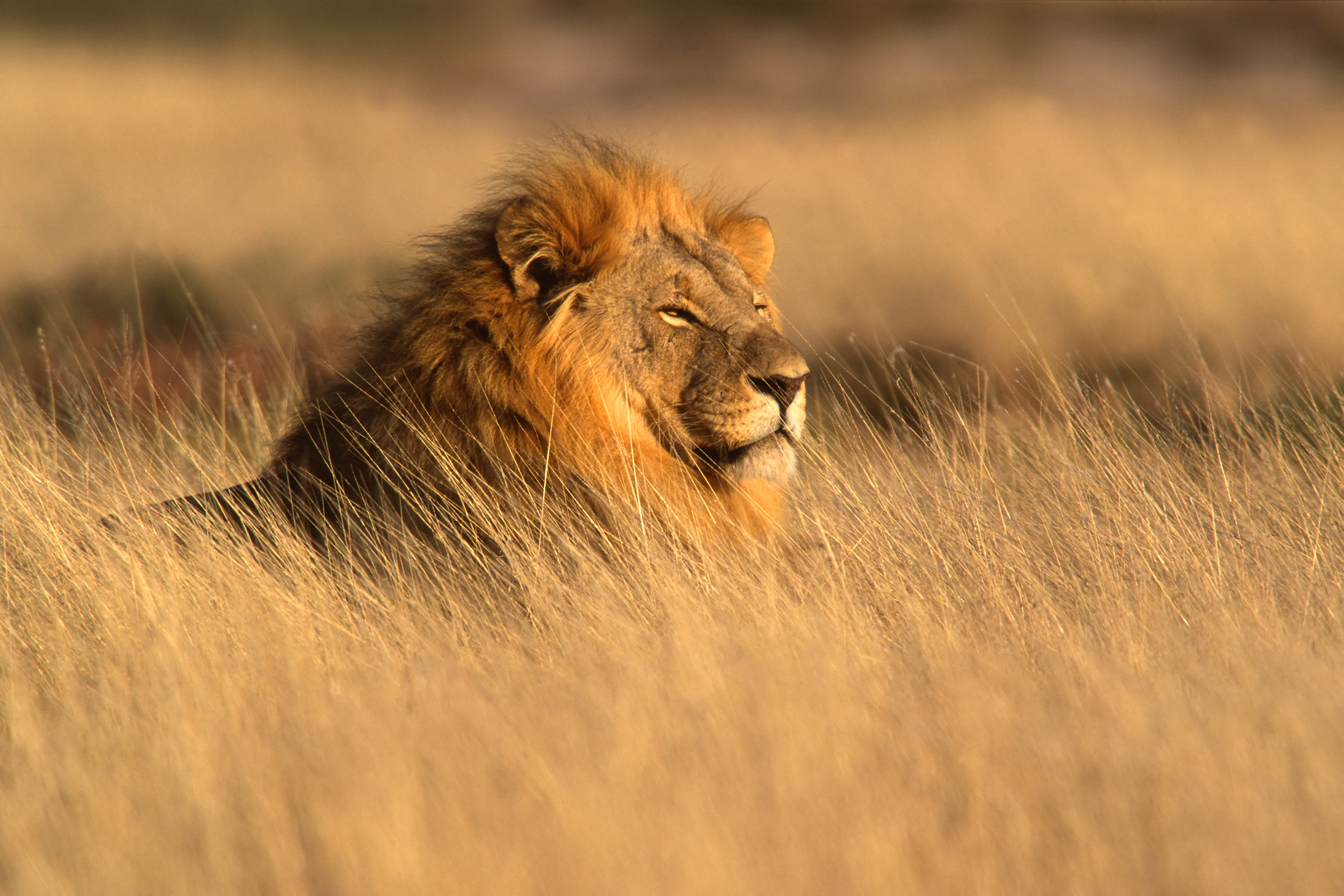
Mzuri
the Swahili word for good
The mission of Mzuri Wildlife Foundation is to promote wildlife conservation and outdoor sports education worldwide.
Mzuri Wildlife Foundation exists to do the most good possible for wildlife throughout the world. The name Mzuri is Swahili, pronounced “mm-`zuree,” for “good.” We fund grassroots organizations working at the community level to protect wildlife and their habitats. We invest in programs connecting people, especially youth and women, to the natural world through hunting, fishing and other outdoor sports and outdoor education programs. Our goal is to cultivate future generations who will enjoy, appreciate and safeguard the natural environment.
Mzuri Wildlife Foundation (Mzuri) enables individuals to protect the wildlife they value and the sporting heritage they enjoy. We mobilize the financial and volunteer resources of our supporters to achieve more than any one person.
High-Performing Programs: We support grassroots programs that have far-reaching results. Our board members and supporters are in the field learning first-hand about the challenges facing wildlife and the sporting community in order to promote projects that can effect the greatest change. Teaching one child to understand and treasure the outdoors can positively impact the behaviors of the child’s family, friends and community.
High-Impact Funding: We partner with small, community-based efforts where a single grant can make a pivotal difference to a project’s success. To maximize the impact of donor dollars, Mzuri operates primarily with volunteers coordinated by a half-time executive director.
Accountability: Mzuri board members and staff are in the field, visiting and regularly communicating with grantees to monitor progress, ensure compliance and provide support. The strong relationships we build with grantees leads to more informed decision-making and more effective grants.
Our Story
Mzuri Wildlife Foundation was founded in 1969 by a small group of sportsmen who had hunted throughout the world and had seen first-hand the growing need for wildlife conservation. They established Mzuri to aid and foster wildlife conservation for the public benefit.
The founders of Mzuri Wildlife Foundation were members of the Mzuri Safari Club, a group of safari enthusiasts who gathered together to promote fellowship, sportsmanship and the sharing of safari experiences. A number of the club’s members realized that they could make a meaningful impact on wildlife conservation if they acted collectively. These dedicated individuals put their talent, time and personal donations together to create and endow the Mzuri Safari Foundation, the predecessor to today’s Mzuri Wildlife Foundation.
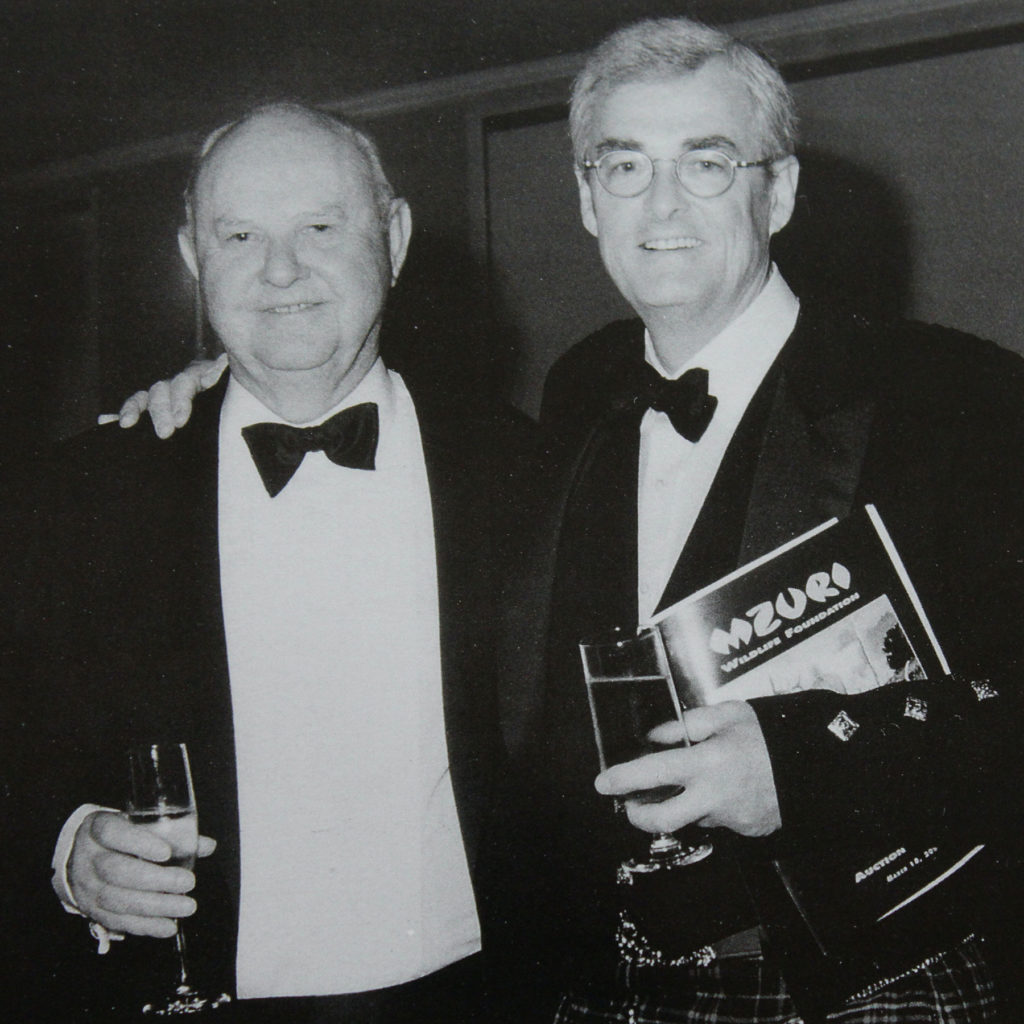
The founders chose to operate Mzuri solely with volunteers in order to maximize the grant funds invested in wildlife conservation. An advisory board of knowledgeable wildlife experts was named to review and recommend action on proposals for grants.
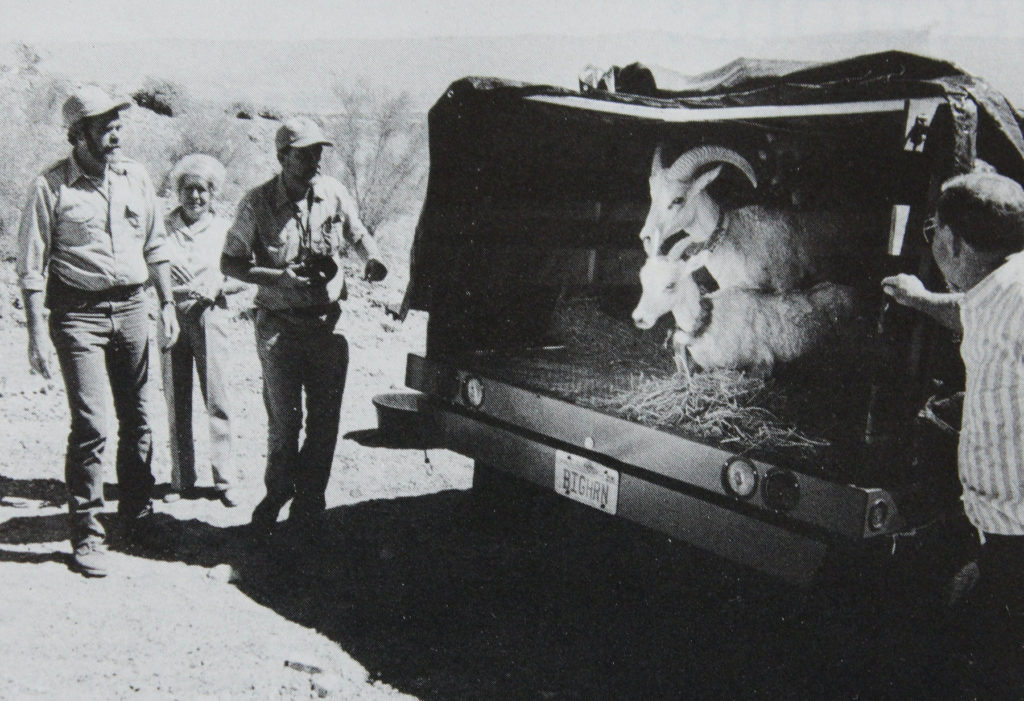
Soon after its founding, Mzuri Wildlife Foundation began hosting conferences and recruiting the world’s leading wildlife artists to display their work. The artists donated paintings and sculptures for auction as well as a portion of their art sales to raise funds for Mzuri’s work.
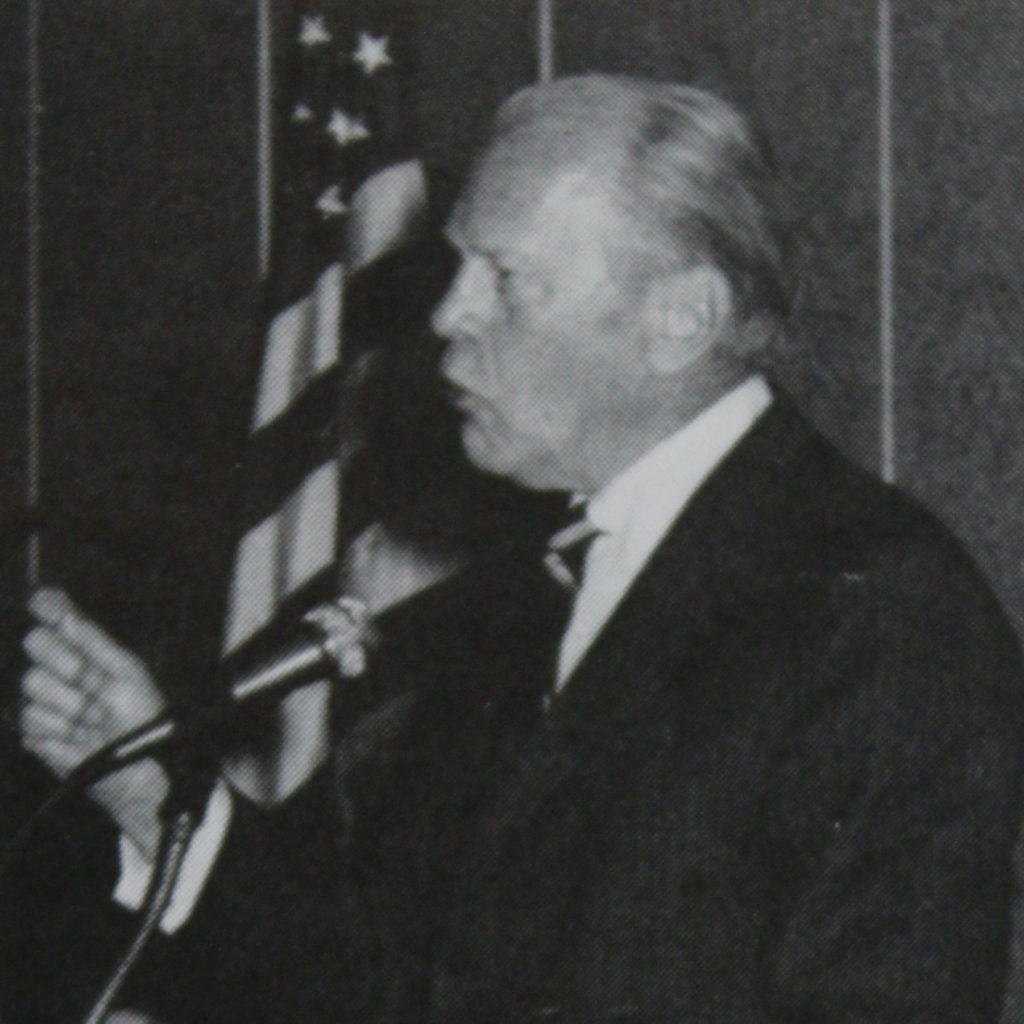
The conferences became one of the most spectacular showings of wildlife artwork of the time and attracted supporters from around the globe. Among the scores of people attending the conferences and assisting in Mzuri’s work were Bing Crosby, Phil Harris, President Ronald Reagan, President Gerald Ford, former Attorney General William Saxbe, U.S. Senators Barry Goldwater and Ted Stevens, Rhodesian Prime Minister Ian Smith, Marlin Perkins, Joy Adamson, Jacques Piccard, and Ian Player.
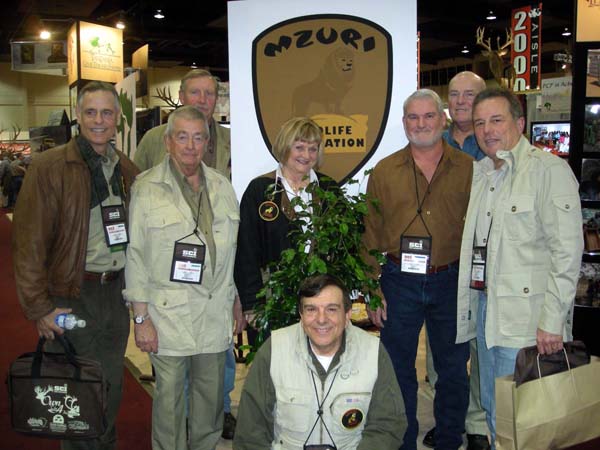
Today, Mzuri Wildlife Foundation continues its long tradition of wildlife conservation. Grant awards focus on grassroots organizations and programs where local dedication to a conservation cause can be strengthened with Foundation dollars. Grant proposals are thoroughly investigated and appraised before final consideration. The review process involves the Board of Directors, the Grants Committee, and often an authoritative source in the geographic location – such as the local Fish and Game – to assure the vital need of the program and projected result.
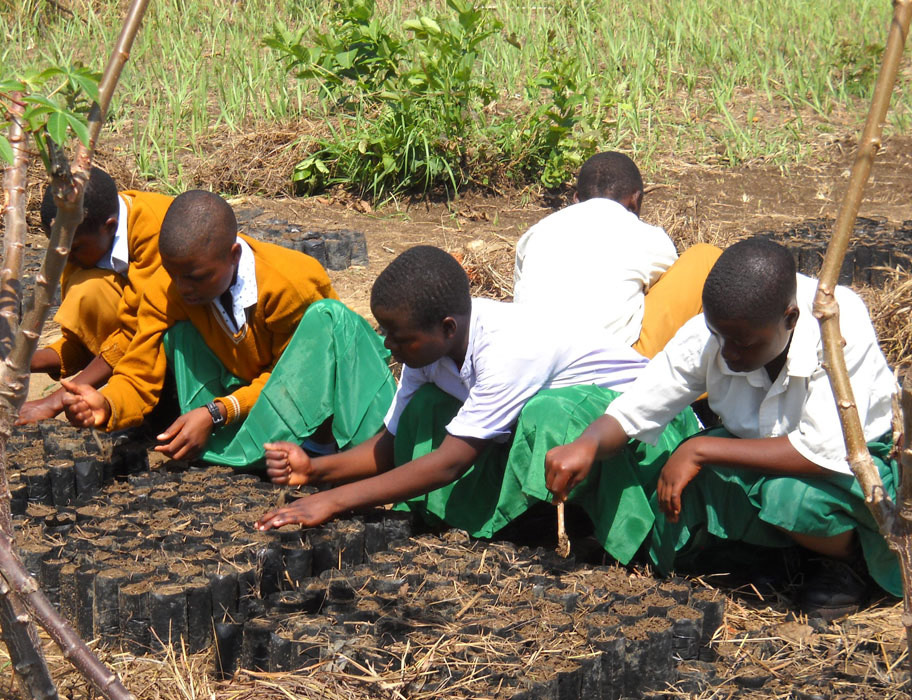
Some of the grantee projects we have supported include:
- work in South Africa to encourage community understanding of the value of preserving the remaining wild habitat;
- raptor research and habitat conservation through the Raptor Research foundation in South Dakota;
- increasing the range land for Tule Elk in the Owens Valley in California;
- anti-poaching efforts in Tanzania’s Serengeti National Park;
- preserving California’s desert Bighorn Sheep and their habitat;
- working with The Nature Conservancy to save vital nesting areas from development;
- purchasing a generator for a Tanzanian school;
- support of California Fish and Game’s anti-poaching Cal-TIP Program (Californians Turn In Poachers and Polluters).